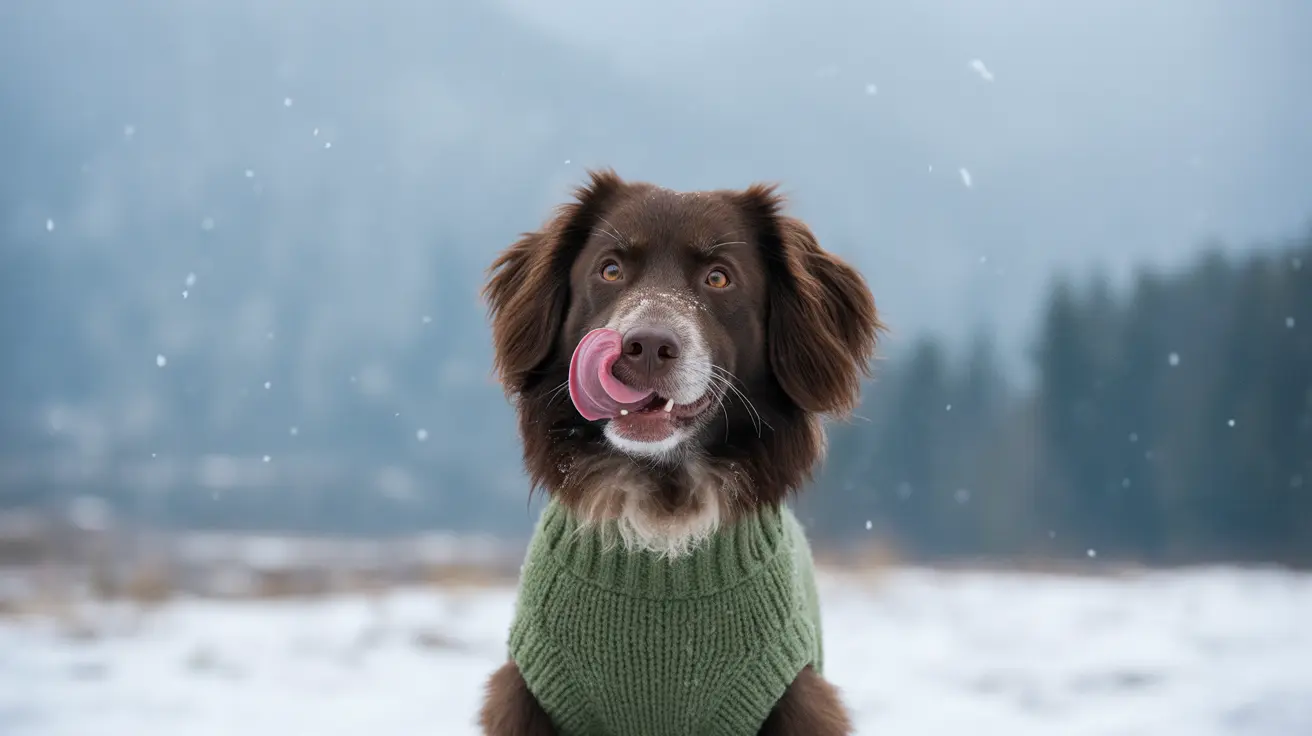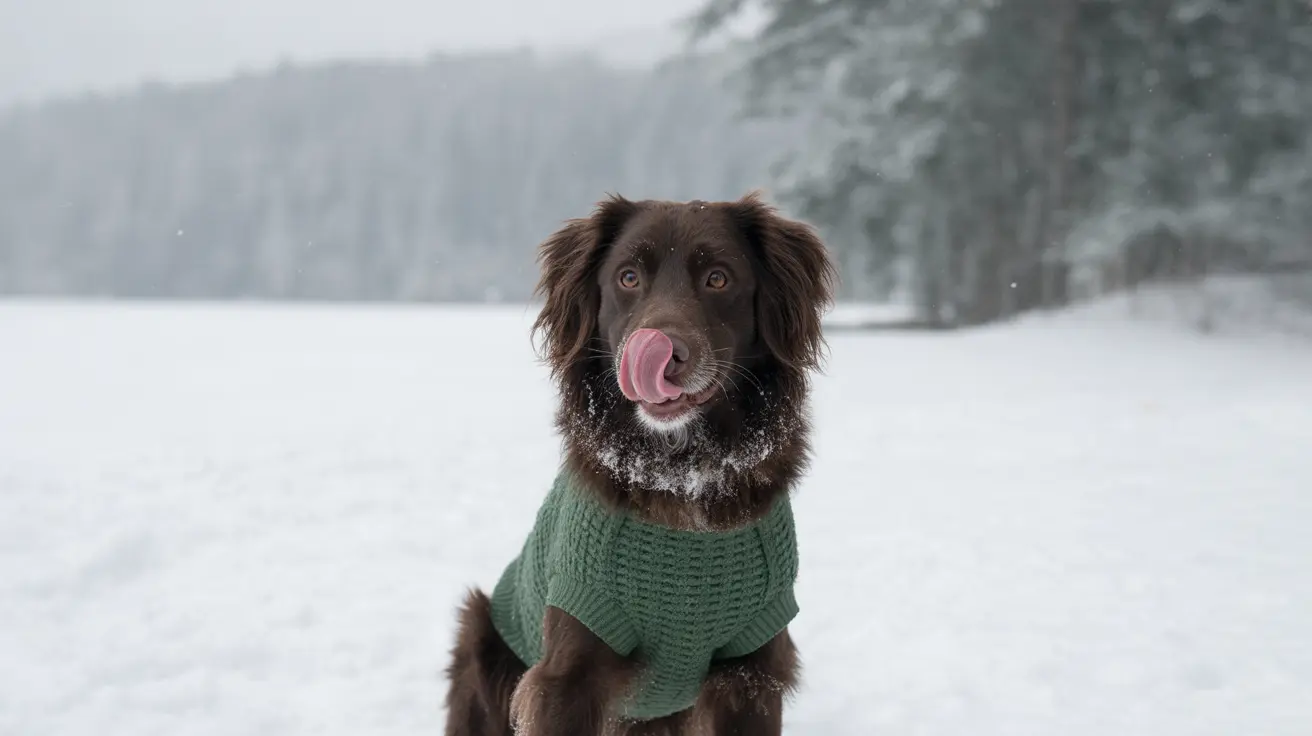Understanding Mycoplasma Infections in Dogs
Mycoplasma infections in dogs, also known as mycoplasmosis, represent a significant bacterial health concern that every dog owner should understand. These unique bacteria, the smallest known free-living organisms, can affect various systems in your dog's body, from respiratory tract to joints and even reproductive organs.
While some Mycoplasma naturally exist in healthy dogs without causing problems, these bacteria can become problematic when a dog's immune system is compromised or when the bacterial population grows too large. Understanding this condition is crucial for early detection and proper treatment.
Signs and Symptoms of Mycoplasma Infection
Dogs with Mycoplasma infections can display a wide range of symptoms, depending on which body systems are affected. The most common signs include:
- Respiratory issues (coughing, sneezing, nasal discharge)
- Lethargy and decreased appetite
- Fever and weight loss
- Joint pain or lameness
- Eye inflammation and discharge
- Urinary tract problems
In breeding dogs, Mycoplasma can also cause reproductive issues, including infertility and pregnancy complications. Severe cases may lead to more serious conditions like pneumonia or systemic infections.
Diagnosis and Testing
Veterinarians use several methods to diagnose Mycoplasma infections in dogs. Because these bacteria lack cell walls, they require special testing procedures, including:
- Specialized bacterial cultures
- PCR (Polymerase Chain Reaction) testing
- Blood tests
- Analysis of fluid samples from affected areas
Early diagnosis is crucial for successful treatment, so contact your veterinarian if you notice any concerning symptoms in your dog.
Treatment Options and Management
Treatment for Mycoplasma infections typically involves:
- Targeted antibiotic therapy (usually tetracyclines or similar medications)
- Supportive care for symptom management
- Regular monitoring and follow-up appointments
- Extended treatment duration (typically 2-4 weeks or longer)
The specific treatment plan will depend on the severity of infection and which body systems are affected. It's essential to complete the entire course of antibiotics, even if symptoms improve early.
Prevention and Long-term Care
While there's no vaccine available for Mycoplasma in dogs, several preventive measures can help reduce infection risk:
- Maintaining good hygiene in living areas
- Reducing exposure to stressed or crowded environments
- Supporting your dog's immune system through proper nutrition
- Regular veterinary check-ups
- Prompt treatment of any underlying health conditions
Frequently Asked Questions
What are the common symptoms of Mycoplasma infection in dogs and which organs can it affect?
Mycoplasma can affect multiple organ systems, with symptoms including respiratory issues (coughing, sneezing), joint pain, eye infections, and urinary problems. The bacteria commonly affect the respiratory tract, joints, eyes, urinary system, and reproductive organs.
How is Mycoplasma transmitted between dogs and how can I prevent infection?
Mycoplasma typically spreads through direct contact between dogs, contaminated surfaces, or vectors like ticks and fleas. Prevention includes maintaining good hygiene, avoiding overcrowded environments, and controlling parasites.
What diagnostic tests do veterinarians use to confirm Mycoplasma infection in dogs?
Veterinarians use specialized bacterial cultures, PCR testing, blood tests, and analysis of fluid samples from affected areas. Due to the bacteria's unique characteristics, specific testing methods are required for accurate diagnosis.
Which antibiotics are effective for treating Mycoplasma in dogs and how long does treatment usually last?
Tetracycline antibiotics, particularly doxycycline, are commonly prescribed. Treatment typically lasts at least 2-4 weeks, sometimes longer for severe cases. Complete treatment compliance is essential for successful recovery.
Can healthy dogs carry Mycoplasma bacteria without showing signs, and can infected dogs become chronic carriers?
Yes, healthy dogs can carry Mycoplasma as part of their normal bacterial flora without showing symptoms. Some dogs may become chronic carriers after infection, particularly if they're immunocompromised or if treatment wasn't completed properly.
Conclusion
Understanding Mycoplasma infections in dogs is crucial for proper care and management. While these infections can be serious, most dogs respond well to appropriate treatment when caught early. Regular veterinary care, good hygiene practices, and awareness of symptoms are your best tools for protecting your dog's health.






